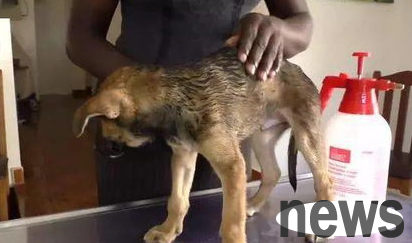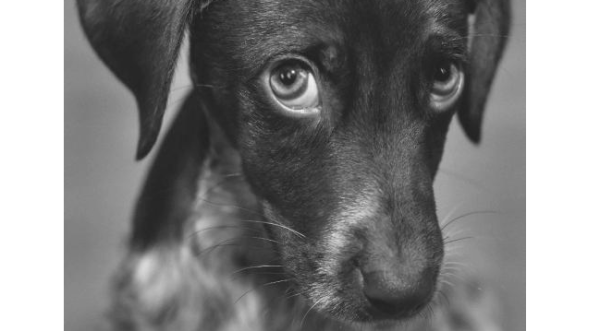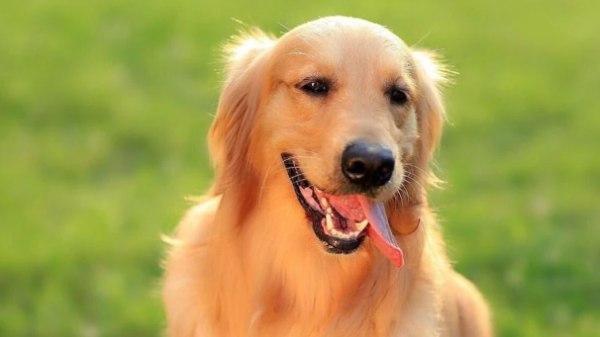What to do if dogs have inflammation of anal glands? What are the treatments?
What should I do if my dog's anal glands are inflamed? Inflammation of the anal glands in dogs is a common disease, especially for dogs with smaller sizes.
Pressing the gland next to its anus can help discharge secretions. However, if you do not pay attention to the cleaning of the anal glands, the dog's anal glands will easily become inflamed and cause discomfort.

How to deal with inflammation of the anal glands in dogs?
1. Seek help from a veterinarian If your dog has anal inflammation, seeking help from a veterinarian is the most important thing.
The veterinarian can help determine whether it is really anal gland inflammation and determine the type of disease, helping to choose the most appropriate treatment.
The veterinarian can prescribe medicine to the dog according to the condition, and can also clean the anal glands and teach you how to clean it up so that you can do it at home.
2. Use medicines as directed by the doctor. The veterinarian may prescribe some medicines for you to treat your dog at home.
Common drugs are antibiotics that can help eliminate germs, and anti-inflammatory drugs can also relieve pain and discomfort in dogs.
If the dog's anal glands are severely inflamed, the veterinarian may recommend giving the dog an infusion to restore health faster.
3. Regular cleaning of the anal glands It is very important to clean the anal glands regularly.
Although not all dogs need to clean the anal glands frequently, it is necessary to clean them regularly for some dogs that are prone to inflammation of the anal glands.
You can ask a veterinarian or a professional beautician to clean up. They have the experience and skills to avoid damage to the anal glands and ensure that they are cleaned up.
4. Dietary Adjustment If a dog experiences inflammation of the anal glands, it is necessary to adjust its diet appropriately to help relieve symptoms.
High-fiber foods can help dogs defecate, thereby reducing excessive secretion of anal glands.
In addition, some foods may cause excessive secretion of the anal glands, so these foods should be avoided or eaten in moderation.
5. Environmental Sanitation Environmental sanitation is very important for the health of dogs.
Regularly clean doghouses, grounds, food utensils, etc. to keep the environment clean and hygienic, which can reduce the breeding of bacteria and avoid the spread of infection.

Summary: Although inflammation of the anal glands in dogs is not very dangerous, if not handled in time, it may cause discomfort and pain in dogs.
The occurrence of diseases can be controlled and avoided by using drugs as prescribed by doctors, cleaning the anal glands regularly, adjusting diet, and maintaining environmental hygiene.
If you feel that your dog has a fever or is in a serious condition, you must seek help from a veterinarian in time.
The most important thing is to give the dog a regular vaccination and maintain healthy living habits so that it can grow up healthily.




